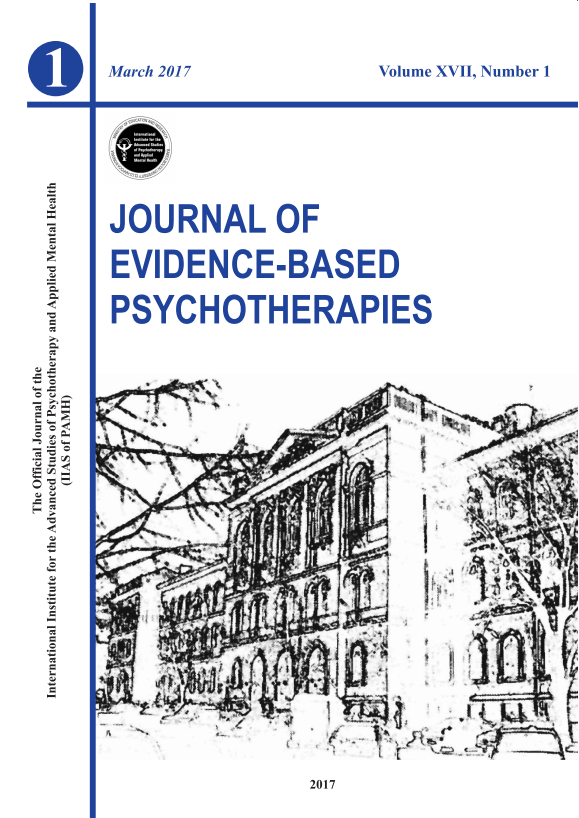jkamburidis@gmail.com
Julia A. Kamburidis1*
1 Sofia University “St. Kliment Ohridsky”, Department of Social, organizational, clinical and pedagogical psychology
Abstract
The main aim of the study is to analyze the emotional aspects of mental health in schizophrenia. We examined the relationship between levels of alexithymia, different strategies for emotion regulation, levels of stress and subjective well-being. Different studies show that in general people with high levels of alexithymia tend to exhibit a less adaptive profile of emotion regulation. Research on schizophrenia and emotions has revealed that schizophrenic patients lack the ability to recognize and express emotion, as well as understanding emotions in social context.
We focus on difficulties processing emotional experiences in schizophrenic disorder and how it is related to the functional difficulties patients experience. In addition we proposed that patients with high levels of alexithymia and poorer coping strategies will be less willing to seek help from professionals. Questions about attitudes toward health specialists were constructed. 30 patients with schizophrenia and 39 healthy controls completed the survey. Patients with higher levels of alexithymia had tendency to use strategies as expressive suppression, which was linked with higher levels of stress. High levels of alexithymia were linked with poorer quality of life and lower life satisfaction. The results will be used for improving therapeutic psychological approaches when working with patients, recommendations for psychological work were given.
Keywords: alexithymia, schizophrenia, emotion regulation strategies, mental health.
Please cite this article as: Kamburidis, J. A. (2024). ALEXITHYMIA WITH EMOTION REGULATION STRATEGIES AND MENTAL HEALTH IN SCHIZOPHRENIC PATIENTS. Journal of Evidence-Based Psychotherapies, 24(1), 109-116.
DOI: 10.24193/jebp.2024.1.6
Published online: 2024/03/01
Published print: 2024/03/01
